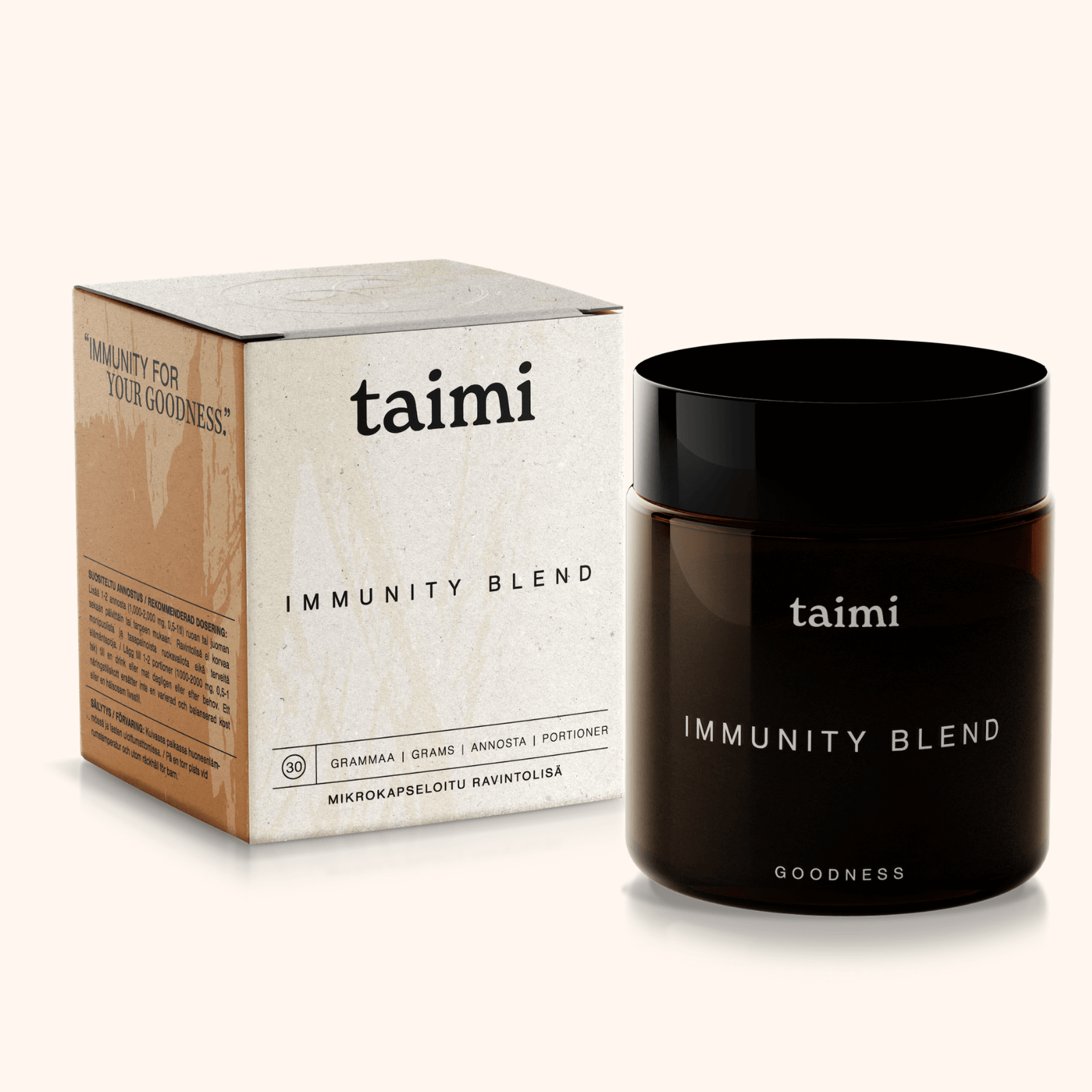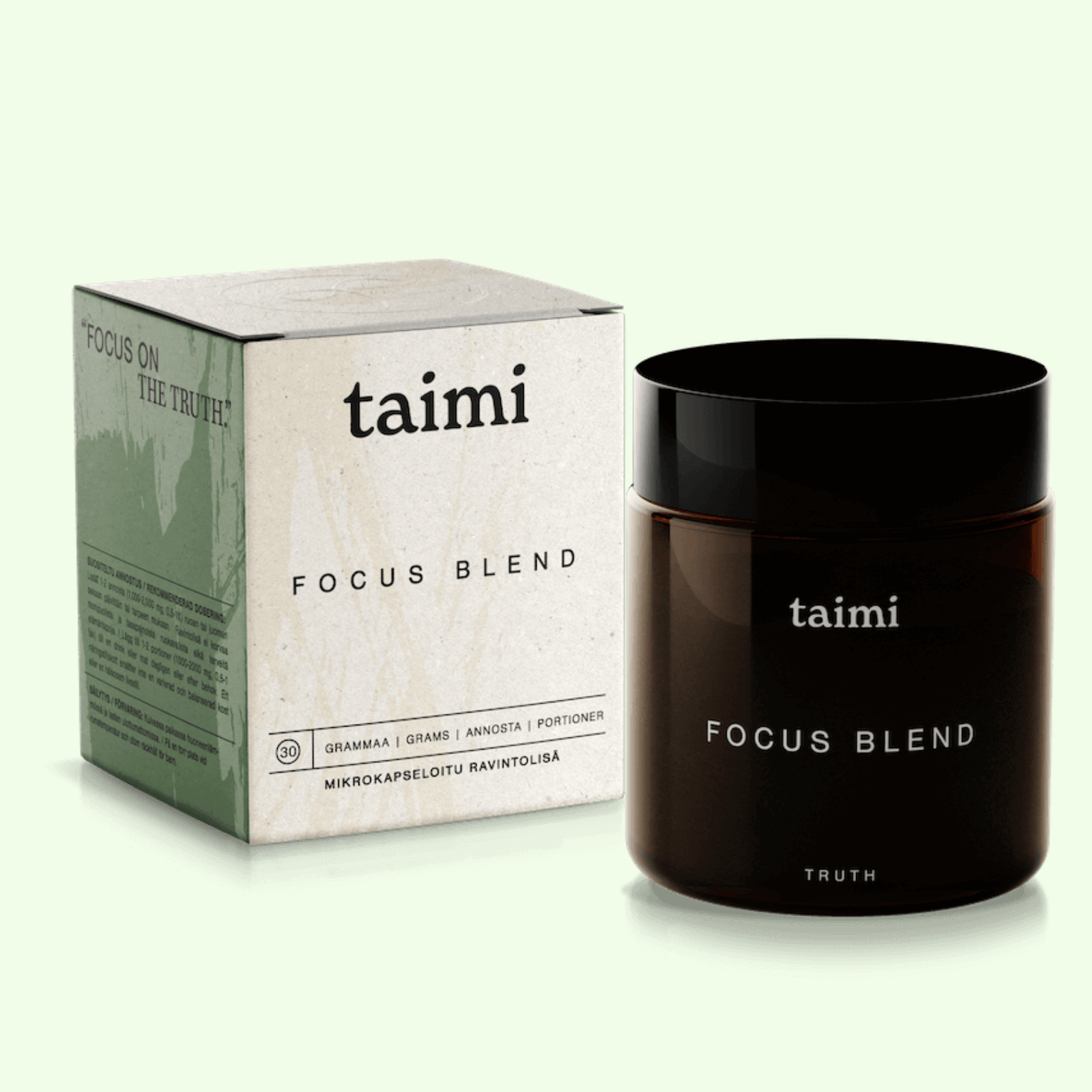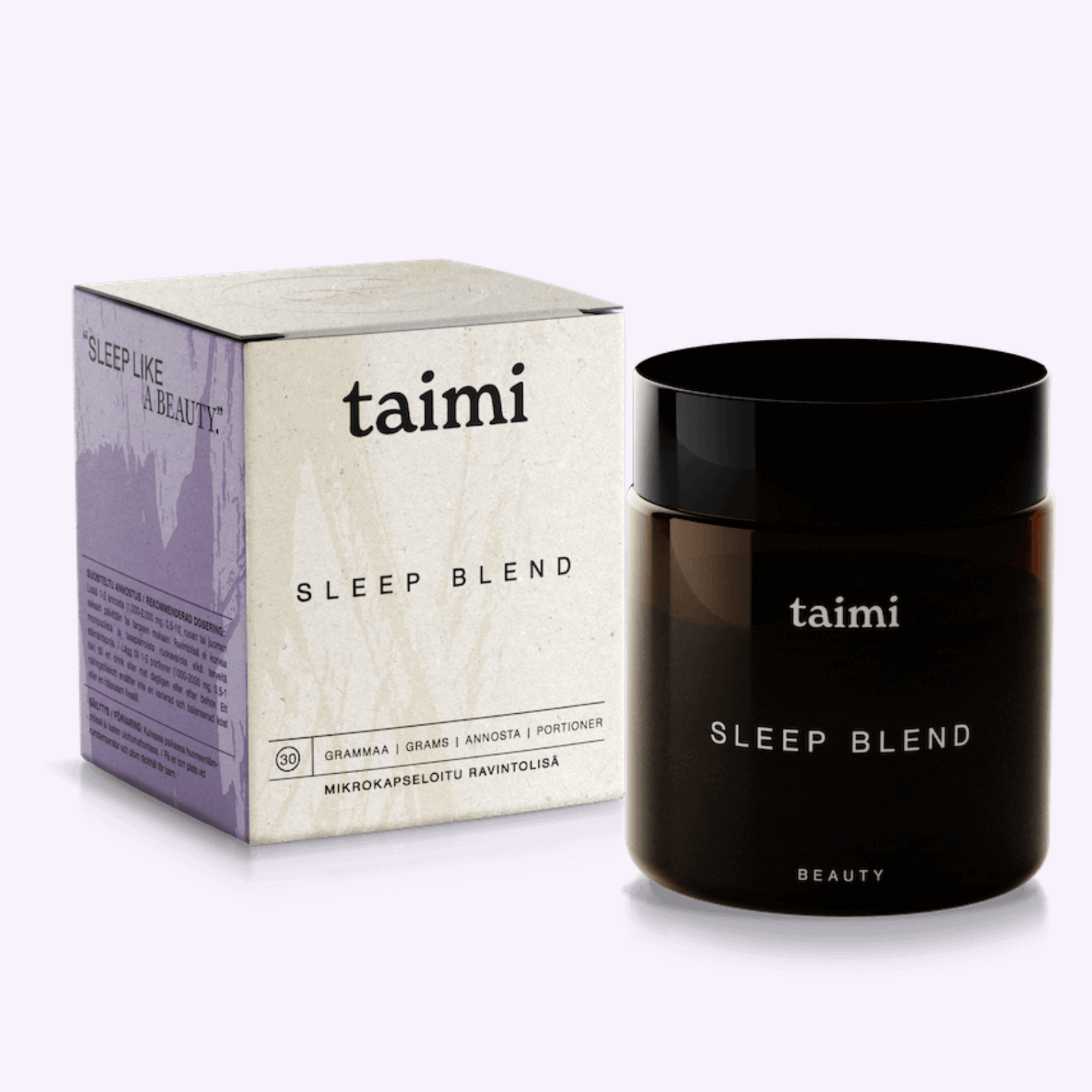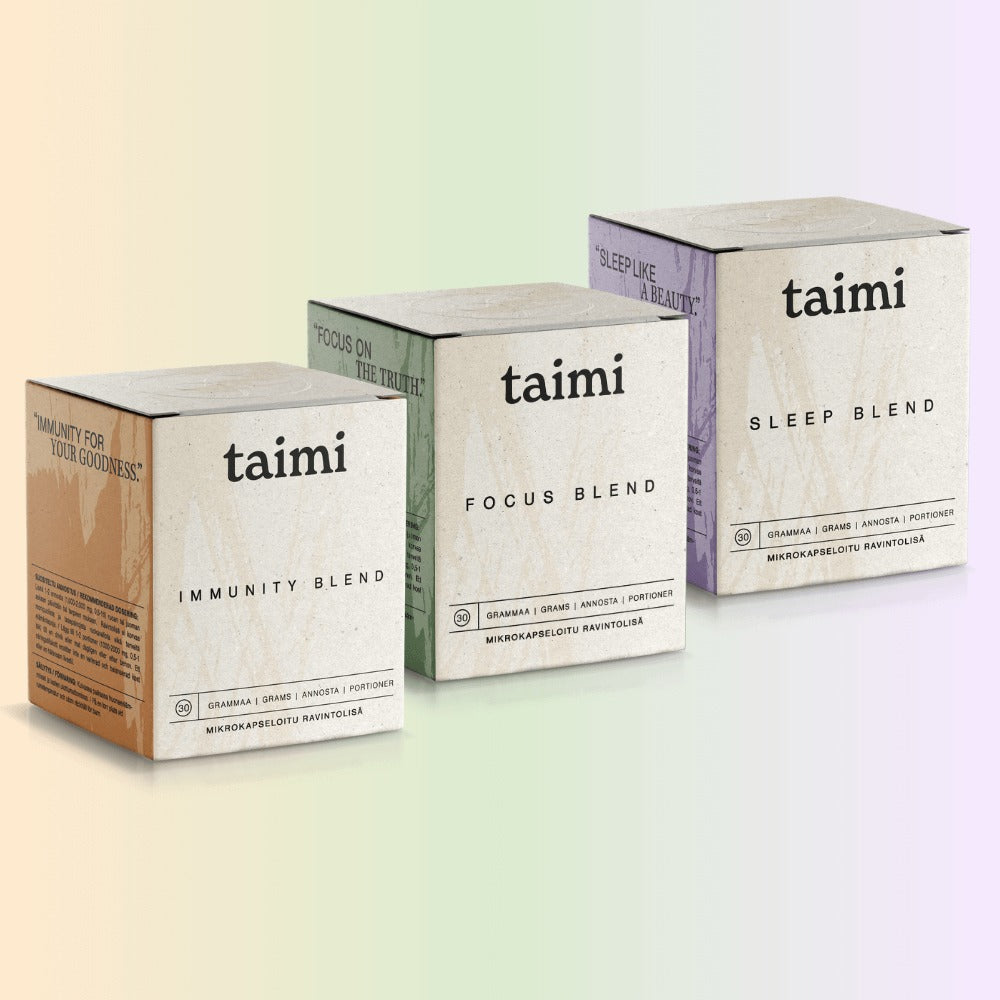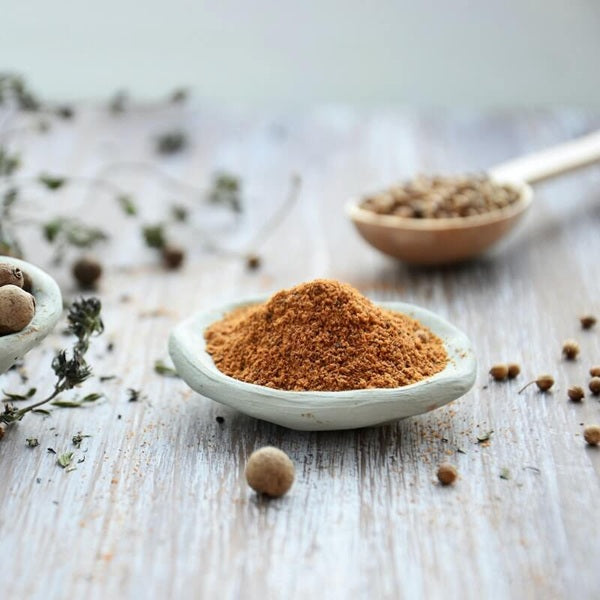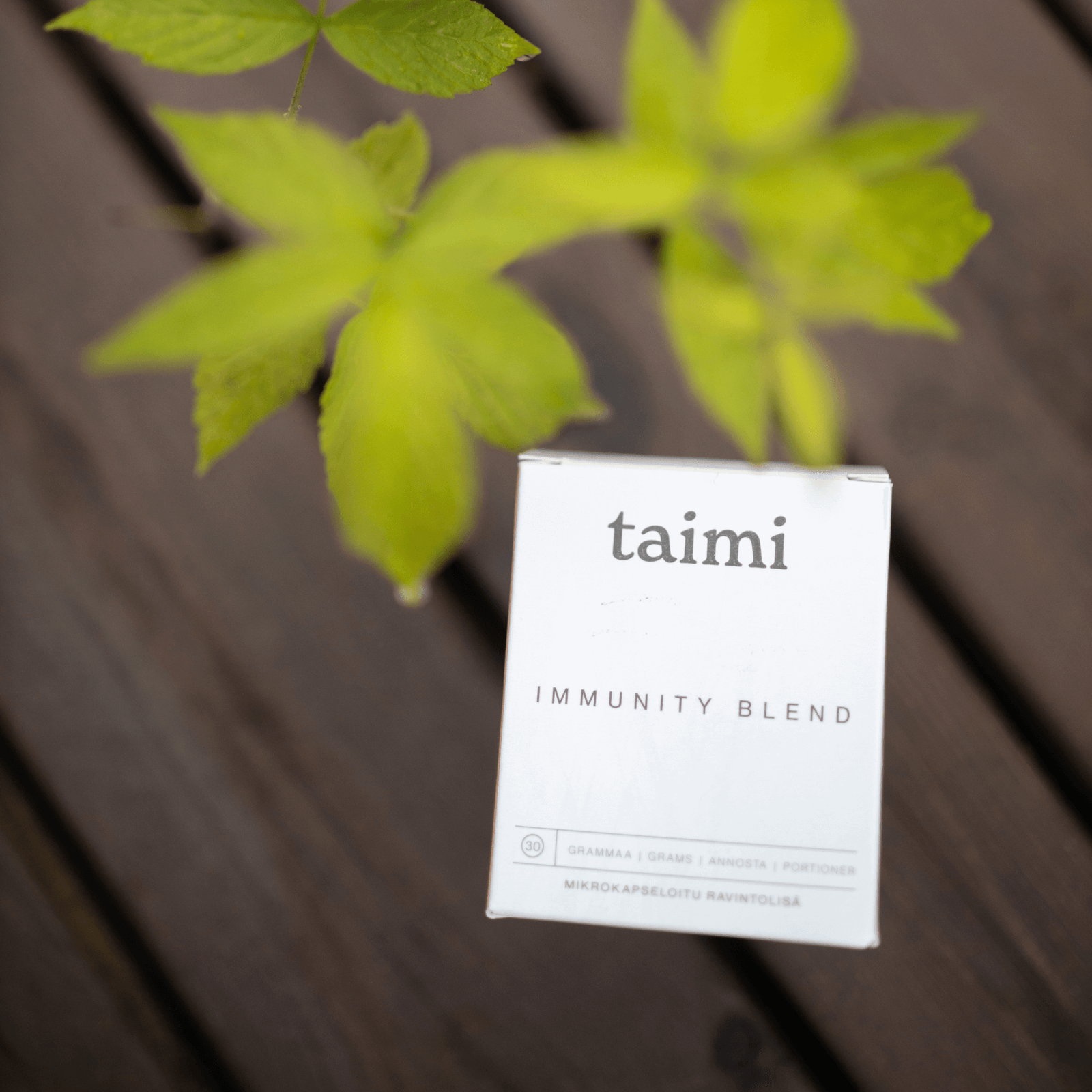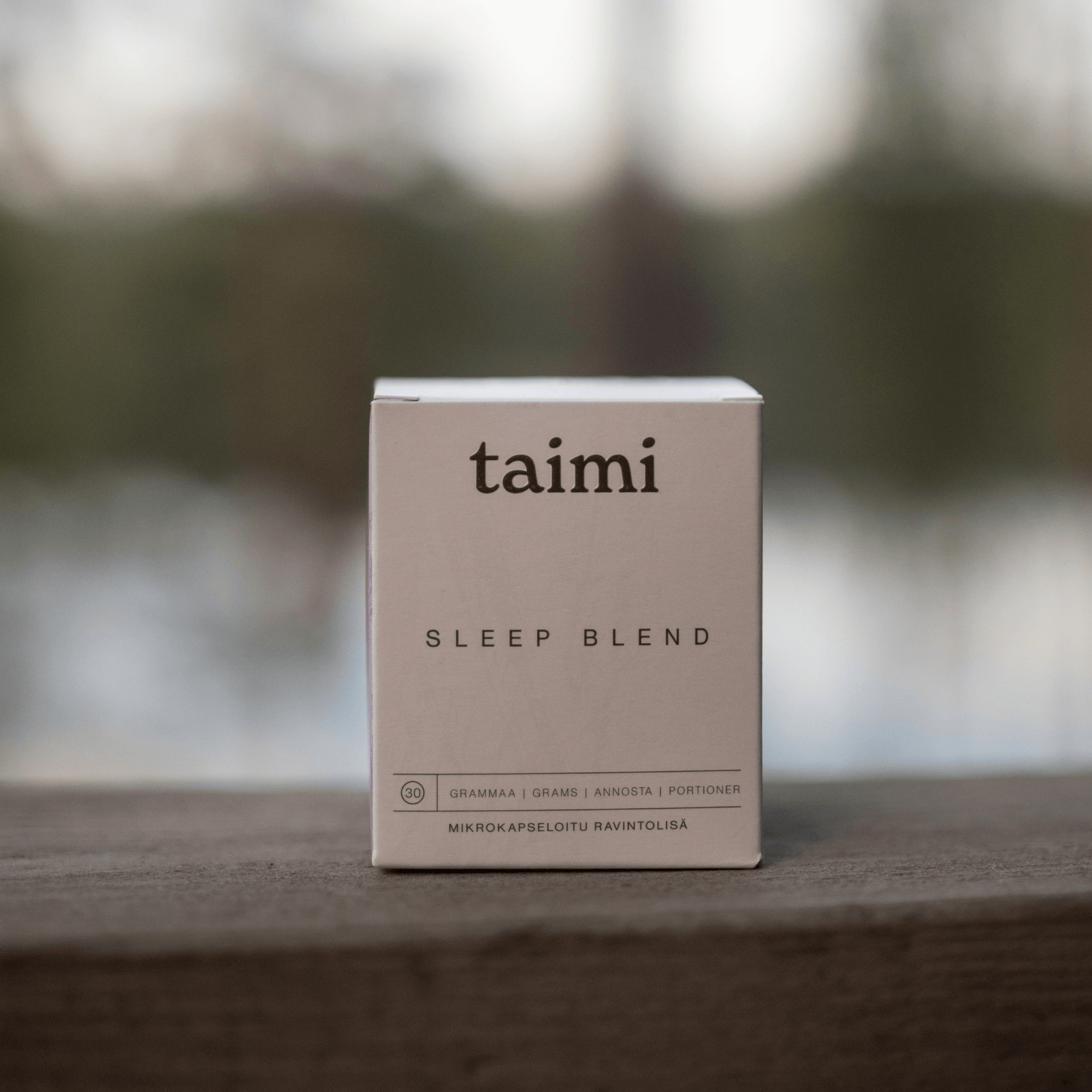Table of contents
Vitamin C, or ascorbic acid, is a water-soluble vitamin that is essential for human health. It plays an important role in the growth, development and repair of all body tissues. Vitamin C is also a powerful antioxidant that helps protect cells from damage caused by free radicals.
Vitamin C is abundant in many fruits and vegetables and is an important part of the diet. Vitamin C is useful in many areas of health, from slowing down skin aging to lowering cholesterol levels.
Vitamin C deficiency can cause serious consequences for the body, such as weakened immunity, gingivitis and bruises. Adequate intake can help fight disease and infection, improve iron absorption, and even reduce the risk of certain painful conditions such as gout.
Vitamin C can help reduce the symptoms of the flu and shorten the length of hospital stays caused by the flu and viral pneumonia. Some researchers believe that vitamin C has positive effects in treating the serious side effects of colds and other viruses.

Vitamin C is an important nutrient that promotes the normal functioning of the immune system and protects against, for example, the flu
A study published in 2017 described the case of a 20-year-old woman with acute respiratory distress syndrome (also known as ARDS) caused by a virus. When mechanical ventilation failed, hospital doctors administered a large dose of intravenous vitamin C, which resulted in "rapid resolution of lung damage" and a full recovery.
However, it is good to understand that this was only one case study. That doesn't mean we should all be taking mega doses of vitamin C, but we should invest more in research to find out how vitamin C and other natural methods could help with global disease outbreaks, and potentially save lives.
Read more about the potential benefits and side effects of vitamin C, and how you can make sure you get your daily dose of vitamin C through food and supplements.
What is vitamin C?
Vitamin C, or ascorbic acid, is a water-soluble vitamin found in many fruits and vegetables. It works as a nutrient that, among other things, protects the body from harmful oxidation, promotes the normal functioning of the immune system and the absorption of iron.
Your body also uses vitamin C to synthesize important compounds such as collagen. Collagen is a structural protein that forms connective tissue and helps heal wounds. Vitamin C also contributes to the production of other essential compounds, such as L-carnitine and neurotransmitters.
Several studies over the decades have revealed numerous potential benefits of vitamin C. Adequate intake of food can improve skin health, increase immunity and even protect against certain diseases.

Vitamin C, or ascorbic acid, is a water-soluble vitamin and is essential for humans. Vitamin C promotes the normal functioning of the immune system and protects the body from harmful oxidation.
The benefits of vitamin C
1. Contains powerful antioxidant properties
Antioxidants are compounds that play a key role in health and protection against disease. They help fight disease-causing free radicals, protect the body from harmful oxidation and cell damage. Antioxidants can help treat and prevent a number of chronic diseases, including heart disease, autoimmune diseases, and even cancer.
Vitamin C therefore acts as an antioxidant in the body, which prevents the accumulation of free radicals and protects your body from diseases. This can have far-reaching benefits in disease prevention, as some studies suggest that a higher intake of fruits and vegetables rich in vitamin C may be linked to a lower risk of chronic diseases.
2. Helps prevent anemia
Anemia is a condition characterized by a lack of healthy red blood cells, leading to symptoms such as fatigue, weakness, and chest pain. Although anemia can be caused by many possible factors, one of the most common is a lack of essential trace elements such as folate , vitamin B12 or iron.
Vitamin C improves iron absorption and thus helps prevent iron deficiency anemia. A study published in the American Journal of Clinical Nutrition found that taking vitamin C with a meal could increase iron absorption by up to 67 percent. The best way to increase your iron intake is to combine a portion of foods rich in iron with foods rich in vitamin C.
3. Enhances immunity
Vitamin C is well known for its ability to improve the functioning of the immune system. Adding foods containing vitamin C to the diet is one of the first defenses against the flu.
A review published in the journal Annals of Nutrition & Metabolism showed that adequate vitamin C intake can help reduce the symptoms of respiratory infections, such as the flu, and shorten their duration. In addition, vitamin C can also help reduce the incidence of other diseases such as pneumonia, malaria and diarrhea.
4. Improves heart health
The heart is absolutely essential for overall health. The heart is one of the most important organs in your body, and it works tirelessly to deliver oxygen and nutrients to your cells by pumping blood through your veins.
By adding more vitamin C-rich foods to your diet, you can protect your heart health and prevent heart disease. A review of 13 studies by the National University of Health Sciences showed that a daily vitamin C supplement of 500 milligrams significantly lowered LDL cholesterol and triglyceride levels, thereby improving heart health and reducing the risk of cardiovascular disease.
Another human study from the University of Southampton found that higher vitamin C intake was associated with a lower risk of dying from stroke or coronary heart disease.

Among other things, vitamin C supports the condition of the skin by promoting collagen production.
5. Promotes skin structure and health
Vitamin C, i.e. ascorbic acid, is an ingredient widely used in skin care products and cosmetics. Due to its antioxidant content, vitamin C benefits skin health through several different mechanisms.
Since vitamin C is involved in the synthesis of collagen, it is believed to slow down skin aging and also protect against skin damage caused by exposure to ultraviolet radiation and the formation of free radicals.
In addition, vitamin C can be useful in skin lightening and hyperpigmentation; studies have shown that vitamin C can help curb melanin production and prevent dark spots and patches.
6. Reduces the risk of gout
Gout is a painful form of arthritis characterized by swollen and stiff joints. It is caused by the accumulation of uric acid in the joints and most commonly affects the foot and big toe.
Research shows that supplementing with vitamin C helps protect against gout. A study published in Archives of Internal Medicine followed nearly 47,000 men for 20 years. The study found that a higher intake of vitamin C was associated with a lower risk of developing gout.
A 2011 review found similar results and found that vitamin C supplementation was able to significantly lower blood uric acid levels, which may help reduce the risk of gout flare-ups.
The best sources of vitamin C
There are many foods containing vitamin C, so getting your daily dose is easy and delicious. Fruits and vegetables in particular are excellent sources of vitamin C.
Good sources of vitamin C include:
100 grams contains vitamin C in milligrams (from the daily intake recommendation).
- Rosehip: 601 milligrams (801%)
- Horseradish: 166 milligrams (221%)
- Sea buckthorn: 140 milligrams (187%)
- Black currant: 128 milligrams (170%)
- Milk thistle sprout: 103 milligrams (137%)
- Paprika: 185 milligrams (246%)
- Spruce: 70 milligrams (93%)
- Kiwifruit: 67 milligrams (89%)
- Orange: 51 milligrams (68%)
- Strawberries: 45 milligrams (60%)
- Papaya: 61 milligrams (81%)
- Pineapple: 30 milligrams (40%)
- Grapefruit: 33 milligrams (44%)
- Broccoli (cooked): 41 milligrams (55%)
- Mango: 36 milligrams (48%)
- Tomatoes: 14 milligrams (18%)
- Spinach (cooked): 46 milligrams (61%)

Nature is full of excellent and delicious sources of vitamin C. 100 grams of sea buckthorn contains, in addition to other vitamins and trace elements, 140 milligrams of vitamin C, which corresponds to 187% of the recommended daily intake.
Vitamin C intake recommendation
The recommended intake of vitamin C may vary by age and gender. In Finland, the recommended intake of vitamin C is:
- 6–11 months : 20 mg/day
- 12–23 months : 25 mg/day
- 2–5 years old : 30 mg/day
- 6–9 years old : 40 mg/day
- 10–13 year olds : 50 mg/day
- Adults and over 14 years old : 75mg/day
The need for vitamin C also increases in pregnant women to 85 milligrams and in breastfeeding women to 100 milligrams.
Like other antioxidants, such as astaxanthin or beta-carotene, supplements containing vitamin C are also available. Possible benefits of vitamin C supplementation include increased immunity, better skin health, and reduced risk of vitamin C deficiency.
It is better to get vitamin C from whole food sources than from supplements, because nutrient-rich foods also provide other important vitamins and minerals, and the risk of adverse effects from supplements is also lower.
However, vitamin C does not seem to have serious side effects, even in large doses. Aside from a slightly higher risk of kidney stones (men only), most adults can safely take up to 2,000 milligrams of vitamin C per day and experience at most mild stomach upset.
Vitamin C deficiency and symptoms
Severe vitamin C deficiency can lead to a disease called scurvy, which is caused by a disturbance in the synthesis of collagen and connective tissues .
In the past, scurvy was a common and even fatal disease. In fact, scurvy was a major cause of death for British sailors in the 18th century. Today, scurvy is less common, but it can be caused by other diseases that impair the absorption of nutrients.
One study found that seven out of ten patients with inactive Crohn's disease were deficient in vitamin C, although only four out of ten had insufficient vitamin C intake. Studies have also found that smokers may be more susceptible to vitamin C deficiency.

Smoking increases the need for vitamin C. If you smoke, add good sources of vitamin C to your diet.
Symptoms of scurvy include:
- Slow wound healing
- Bleeding gums
- Bruises
- Fatigue
- Swollen gums
- Weakened immune system
- Nosebleeds are common
- Dry, scaly skin
- Swollen joints
- Dry, split hair
- Gingivitis
Treatment for scurvy involves either using a vitamin C supplement or increasing vitamin C intake through food.
Vitamin C vs. Retinol
Vitamin C and retinol are two powerful anti-aging ingredients found in many skin care products. Retinol is one form of vitamin A. Like vitamin C, retinol is also found in both food and nutritional supplements and can be used locally on the skin. Like vitamin C, retinol has been shown to stimulate collagen synthesis, which helps reduce skin aging and wrinkles.
A common misconception is that a product containing retinol should not be combined with a vitamin C serum. However, a 2005 human study in France found that applying a product containing both to the skin was effective in reversing aging and sun damage.
Instead of opting for a vitamin C serum or retinol alone, it's better to use a product with both ingredients to maximize the anti-aging benefits of your skincare routine.
Vitamin C in Ayurvedic and TCM Sciences
Vitamin C-rich fruits and vegetables are widely used in Ayurveda and traditional Chinese medicine.
Among other things, lemons are believed to have cleansing properties, and they are said to stimulate the secretion of fluid from the lungs, flush out bile and promote the elimination of toxins from the body.
Similarly, oranges are believed to brighten the blood and clean the digestive tract. They are also used to reduce fatigue, increase energy and improve resistance.
In traditional Chinese medicine, citrus peels are also common ingredients used to improve both digestive and respiratory health. Tangerine peels in particular are believed to help relieve abdominal bloating, flatulence and flatulence by supporting digestive health.
Interesting facts about vitamin C
Although the medicinal properties of fruits and vegetables rich in vitamin C have been known for centuries, the extent of vitamin C's benefits has only come to light relatively recently.
In the 18th century, scurvy was one of the most common causes of death for British sailors on long sea voyages. However, in 1747, scientist James Lind began conducting research on a naval ship and discovered that drinking lemon juice could successfully treat scurvy due to the vitamin C it contained.
However, vitamin C itself was not discovered until 1912, and it was first synthesized two decades later in 1933. Vitamin C was indeed the first synthesized vitamin that could be mass-produced and sold as a dietary supplement soon after.
Vitamin C side effects
Can vitamin C be overdosed and how much vitamin C is too much?
If you get vitamin C only from food, there is a very small risk of getting too much vitamin C. The upper limit of vitamin C intake for adults has been set at 2,000 milligrams per day, which is significantly more than you can get from natural vitamin C sources.
The toxicity of vitamin C is also low, and its overdose is unlikely to cause serious health problems, as the excess amounts are excreted from the body with the urine. Common symptoms associated with a high intake of vitamin C include diarrhea, nausea and stomach cramps.
Vitamin C should always be obtained from food rather than supplements. This maximizes the potential benefits of vitamin C and can also reduce the risk of health problems associated with vitamin C supplementation, such as the formation of kidney stones.
If you decide to take vitamin C as a dietary supplement, you should prefer a vitamin C supplement made from natural sources (e.g. rosehip powder) or a vitamin C supplement that includes the necessary flavonoids.
One serving of Taimin Immunity Blend contains 71 milligrams of vitamin C, which is 95% of the recommended daily intake. As vitamin C, we use Pureway-C, which contains citrus bioflavonoids. These support the effectiveness of the vitamin C supplement compared to traditional ascorbic acid.
Summary
- Vitamin C, or ascorbic acid, is a water-soluble vitamin that acts as an antioxidant and participates, among other things, in the synthesis of collagen and other important compounds.
- Vitamin C promotes skin structure, immunity and heart health. Vitamin C can also protect against diseases and prevent anemia and gout.
- Vitamin C is found in many different fruits, berries and vegetables, such as kiwi, peppers, oranges and strawberries.
- A lack of vitamin C can lead to scurvy, which can cause symptoms such as bleeding gums, fatigue, and slow wound healing.
- Although vitamin C supplements are available, it is best to increase your intake of vitamin C from natural sources as part of a healthy diet to fully benefit from the many benefits of vitamin C.
Read more inspiring and in-depth articles about nutrition from Taimi Magazine here .

